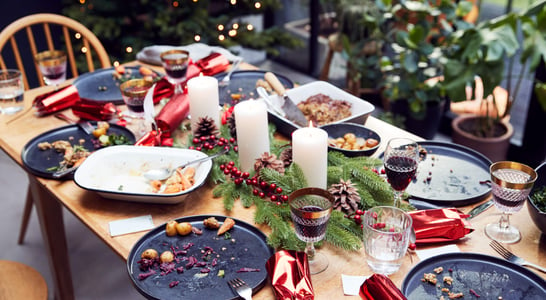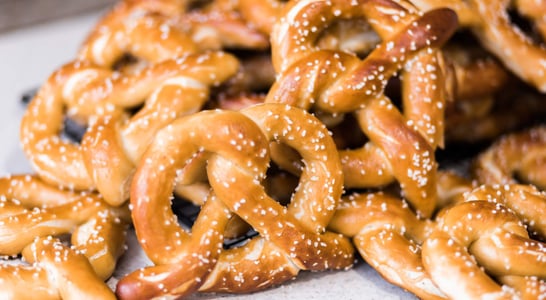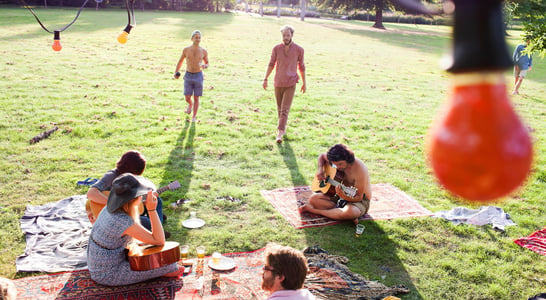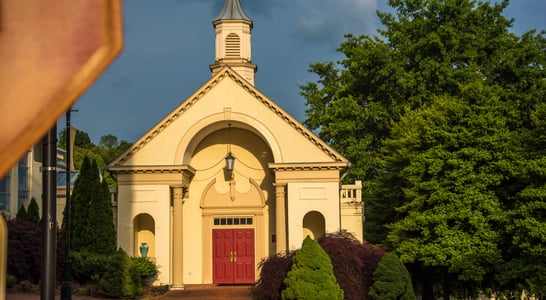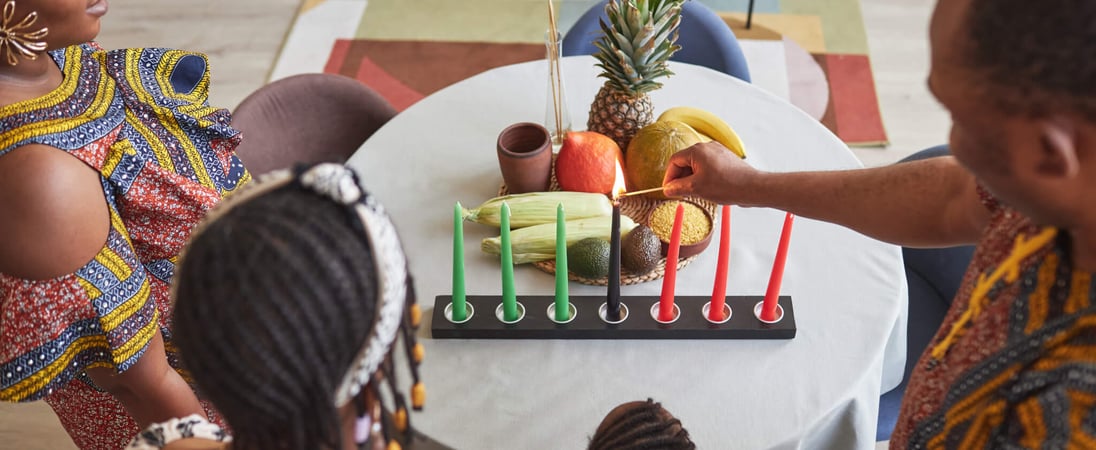
Kwanzaa
Uniting in cultural richness, illuminating principles like unity, purpose, and creativity through vibrant rituals and meaningful gatherings.
Kwanzaa is a week-long celebration. It’s more of a marathon of a holiday, not a one-day sprint.
The annual holiday is observed in nations with populations of African descendants. This event celebrates the indelible mark left by their rich contributions to culture throughout the entire African diaspora.
History of Kwanzaa
The roots of Kwanzaa have a long history, even tracing as far back as the “first harvest” celebrations in Africa. Historical records show how these first harvest celebrations have ancient origins. Much evidence suggests it originated in regions like Nubia and Egypt.
While the specifics of those earliest celebrations varied across different African cultures, they shared many core values. These included community gatherings, acknowledging and thanking their Creator(s) for blessing and commemorating the past. They also recommitted to expanding African cultural thought and influences.
The holiday we call Kwanzaa today emerged from the Black Freedom Movement in 1966 in the United States. Dr. Maulana Karenga, a Black Studies professor with California State University in Long Beach, established the Kwanzaa holiday. In the aftermath of so much unrest during the Civil Rights Movement, Dr. Karenga saw Kwanzaa as a means to unite African Americans. “Kwanzaa” comes from the Swahili phrase “matunda ya kwanza.” That translates to “first fruits” in English.
Initially, Dr. Karenga introduced Kwanzaa as an alternative to Christmas. However, he saw how that might accidentally offend African American Christians. So he later clarified that Kwanzaa was not intended to replace the treasured religious holidays but would enhance the celebrations.
Over the decades, the popularity of Kwanzaa surged, especially in the 21st century, thanks to viral sharing in the earliest days of the internet. By 2004, studies estimated that nearly 28 million African Americans celebrated the holiday.
How to Celebrate Kwanzaa
Different families have their own twist on their Kwanzaa celebrations. Some families strictly adhere to Kwanzaa traditions, while others may add a few elements of Kwanzaa into their family’s Christmas festivities.
Many Kwanzaa celebrations are based on Nguzo Saba, or the seven principles of Kwanzaa:
Umoja (Unity) in the Community – Day 1
This principle reminds participants of the importance of togetherness for the family and the nation, highlighting that strength is found when all work toward a common goal .
Families might host a gathering, inviting neighbors and friends to share a meal and stories, emphasizing the strength and bond of the community.
Kujichagulia (Self-Determination) – Day 2
This principle reminds those who celebrate Kwanzaa of the right to self-assertion. It also encourages individuals to represent their thoughts and ideas, truth to power.
To celebrate the spirit of Kwanzaa, take a moment to reflect on personal goals and aspirations, jot them down in a journal or speak them out loud as affirmations with loved ones.
Ujima (Collective Work and Responsibility) – Day 3
This principle stems from the belief that a community’s challenges are shared by all its members. This principle promotes teamwork and shared responsibility in finding solutions.
Organize the community and invite the neighborhood to complete a task together during Kwanzaa week. For instance, clean up a local park or address a neighborhood issue. This puts the power of collective action into motion.
Ujamaa (Cooperative Economics) – Day 4
Cooperating to build prosperity reminds the African diaspora to support local businesses and enterprises. The goal of this ideal is to ensure economic sustainability and prosperity within the community.
Those who celebrate can purchase the gifts or necessities for the celebration from local African American owned businesses. This action supports the economic growth of their community.
Nia (Purpose) – Day 5
Develop and build the community collectively. This principle reveals the importance of a shared vision and purpose. It also reminds members to set communal goals and work together.
Families or groups of friends might set a collective goal for the New Year, such as volunteering a certain number of hours in their community or learning more about their African heritage.
Kuumba (Creativity) – Day 6
Enhance the community, leaving it more beautiful for future generations. Recognizing the power of creativity, this principle encourages individuals to use their special talents and skills to enrich and beautify their surroundings.
Children and adults alike could engage in arts and crafts, creating decorations or artworks that represent their interpretation of Kwanzaa and its principles.
Imani (Faith) – Day 7
Boost belief in the people, families, and the righteousness of the struggle. This principle shows the importance of faith within, and the entire community. Its goal is to give the community hope and optimism, even during the most challenging times.
Attend a church or prayer service or take a quiet moment at home to meditate and reaffirm faith. The African diaspora practices many different faiths, so there’s no right or wrong way to do this.
Each family takes liberty with the holiday, celebrating Kwanzaa in a way that best suits them. The most frequent celebration elements are family gatherings, small gift exchanges, sharing meals, and engaging in ancient African cultural activities.
Also on ...
View all holidaysNational Thank You Note Day
Taking a moment to express gratitude with a handwritten message, a simple gesture that lets others know you appreciate them.
National Leftovers Day
Repurposing remnants into delightful dishes not only reduces waste but transforms every meal into an environmental stewardship.
National Call a Friend Day
A friendly voice; a friendly ear—share your stories with someone who cares. Connect with loved ones and feel the warmth of human connection.
We think you may also like...
Pretzel Sunday
Pretzels, with their salty and twisty goodness, are a delicious way to enjoy a snack that can be delightfully basic or creatively complex.
Ramadan
During this holy month, Muslims fast from sunrise to sunset, focusing on spiritual reflection and community. Ramadan is a time for self-improvement and bringing people together in celebration of faith.

